A Philosophical Opinion on Government Control

February 24, 2016
“Government,” said John Locke, “has no other end but the preservation of property.” When describing law, Locke tells us, “The end of law is not to abolish or restrain but to preserve and enlarge freedom.” For Locke, the answer to how much control government should have over its people is, simply: as little as possible. Almost no right of freedom is worth sacrificing for the good of society, because the good of society lies in its rights and freedoms. The line between personal freedom and government control should be drawn as close to the government as possible, leaving freedoms for the individual. But for Plato, the answer to how much control a government should have over its people is: as much as necessary to achieve justice. I agree with Plato. When people are given freedom, they are given the opportunity to act unjustly, and carry out injustice upon others. Only a just government can teach and enforce justice, for this reason I believe that a government should have absolute control over its people, all freedoms should be sacrificed, and the line between personal freedom and government control should be drawn as close to the people as possible.
In Plato’s Republic, the philosopher tries to discover the meaning of justice. He,who is the philosopher,begins by observing a just city. For Plato, the soul of a city and the soul of a person differ only in size. What he outlines, though, is not only a formula of justice, but also outline for utopia. In Plato’s just city, there are no freedoms. All men are ruled by philosopher kings, who form an aristocracy of education. The people are lied to as if it were their religion. They are told that they are chosen by the Gods to have a specific metal in their soul: gold, silver, or iron. These metals decide the position of the citizens in the city. All people must be content with their station. In Plato’s just city there are no elections, and private property is limited to the economic classes. The philosopher kings and their auxiliaries (the soldiers who assist the kings) live in communism of things. In Plato’s mind, justice in a man is the wisdom (the mind) ruling appetites (the heart) with aid of spirit. In the city, wisdom is the philosopher king, appetites are the economic class that forms most men, and spirit are the auxiliary-soldiers. The economic class is unfit to rule itself. Trade with foreign nations is restricted. It is a totalitarian government but it is a just government, where each person fulfils the role that has been chosen for them.
A government should have as much control over its’ people as is necessary for justice. When the government has no control over its’ people, the people are free to live disordered lives, where their appetites rule their reason. One only needs to look around America today to see that this is true. But a government that is not ruled by philosophers cannot be just. So should a government that is ruled by those who are controlled by their appetites have absolute control over its citizens? No, because their need fulfill their appetites will cause them to abuse power, exploit citizens and rule unjustly. A philosopher king makes laws which are fair and equal. A non-philosopher king makes laws which are unfair and unjust. If philosophers cannot be kings, then there should be no kings. There should be little rule over people by the government, because at least then, people are free instead of having injustice forced upon them from a position of power.
Freedom should be handed over to the philosopher king. The Philosopher king will allow what freedom is just and no more and no less. Freedom that is controlled by anyone other than the philosopher king is ruled by the appetites and is not freedom, but slavery. The line between personal freedom and government control should not exist. The government in Plato’s city is more a creation of the people than the government of the United States, that Lincoln famously called “of the people, and by the people,” in his Gettysburg address. It is more of and by the people because it is founded on universal education, where even people from different classes, whether that be a philosopher king or a laborer, have equal access to equal opportunity. The children of the philosopher kings are taken from them and raised communally so that there is no hereditary order. The city is ruled by its best and it’s best are the philosophers. But even a laborer can give birth to a philosopher king.
What would John Locke have to say to this? Locke would likely have said that this utopia would be impossible. He would have said that philosophers cannot be kings, because kings would never let them. He would say that without the protection of the individual, and without the government acting as a neutral judge, there would be tyranny. He would not argue for each man acting as his own judge, but he also would not allow the government to judge without neutrality. He believed that government gained its powers not from philosopher kings, but from the consent of those being governed. This, though, is not true justice, according to Plato, because the governed live with disordered souls, and so live unjust lives.
Probably it is true that philosophers will never be kings. And if this is true, then this article is wrong. If philosophers cannot be kings, then the government should have minimal control over its people. The maximum amount of rights and freedoms should be protected. The line between government and citizens should give the citizen and property as much freedom from government as possible. Maybe the best middle ground between the complete government control of Plato and limited government of Locke is borrowing the best ideas from both. A democracy that has a truly universal education system where children regardless of the wealth of their parents or the color of their skin could rise to rule, the government would be a much better democracy than America’s today. And an America which was ruled less by people whose appetites made them run for office and more by people who were trained by education to be the best rulers might be a better America. The government should have absolute control, but only if philosophers can be kings.





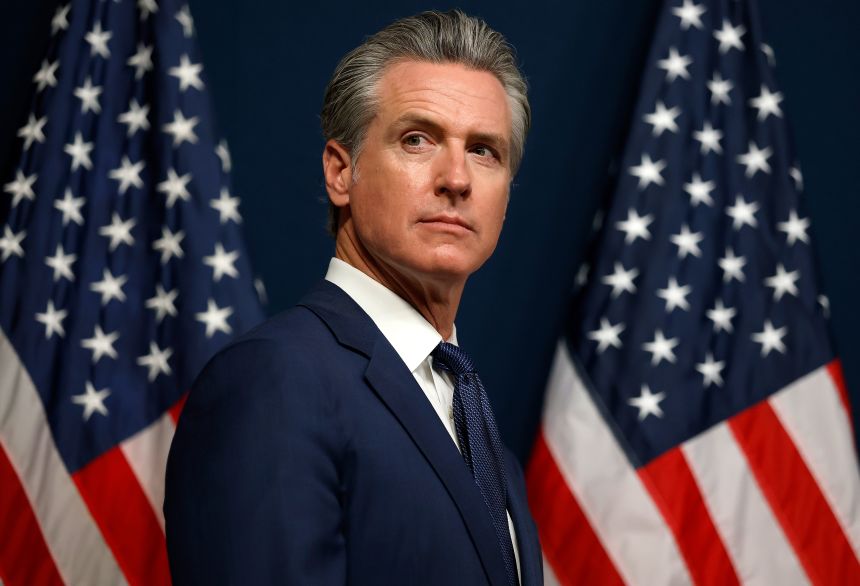
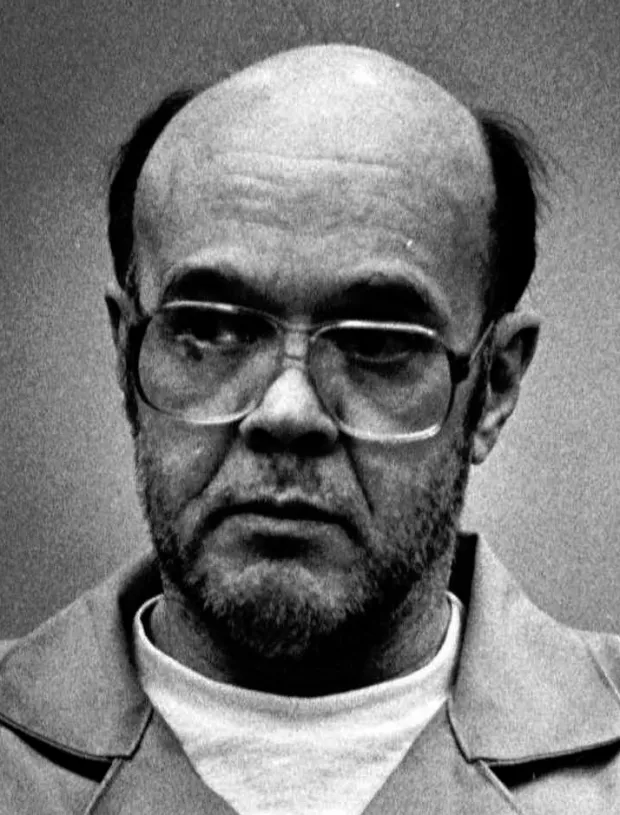
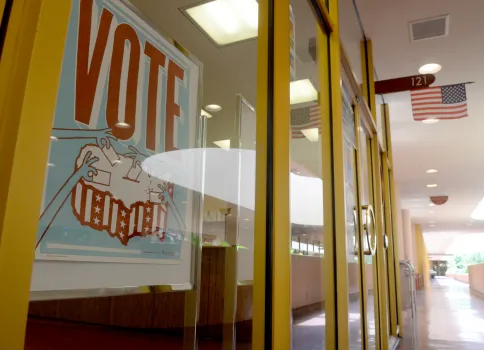



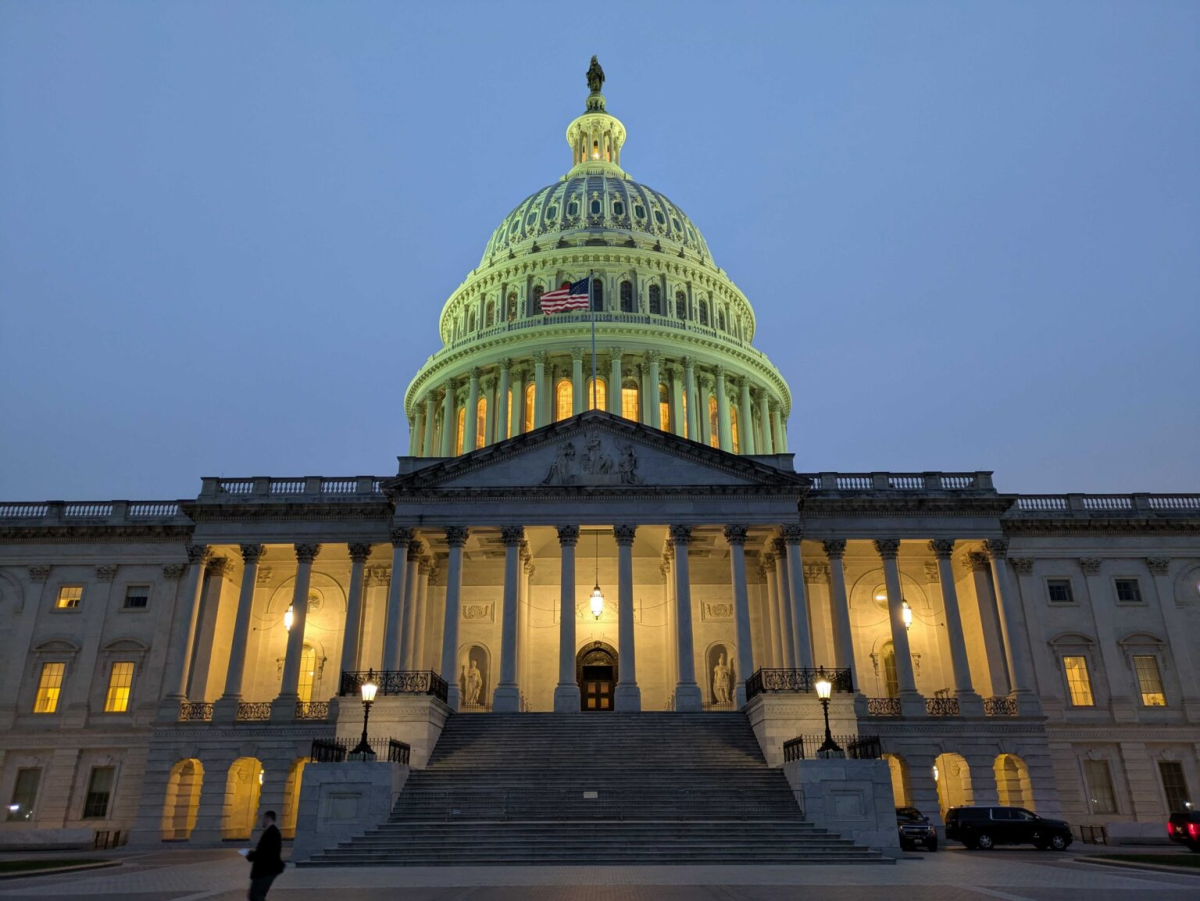
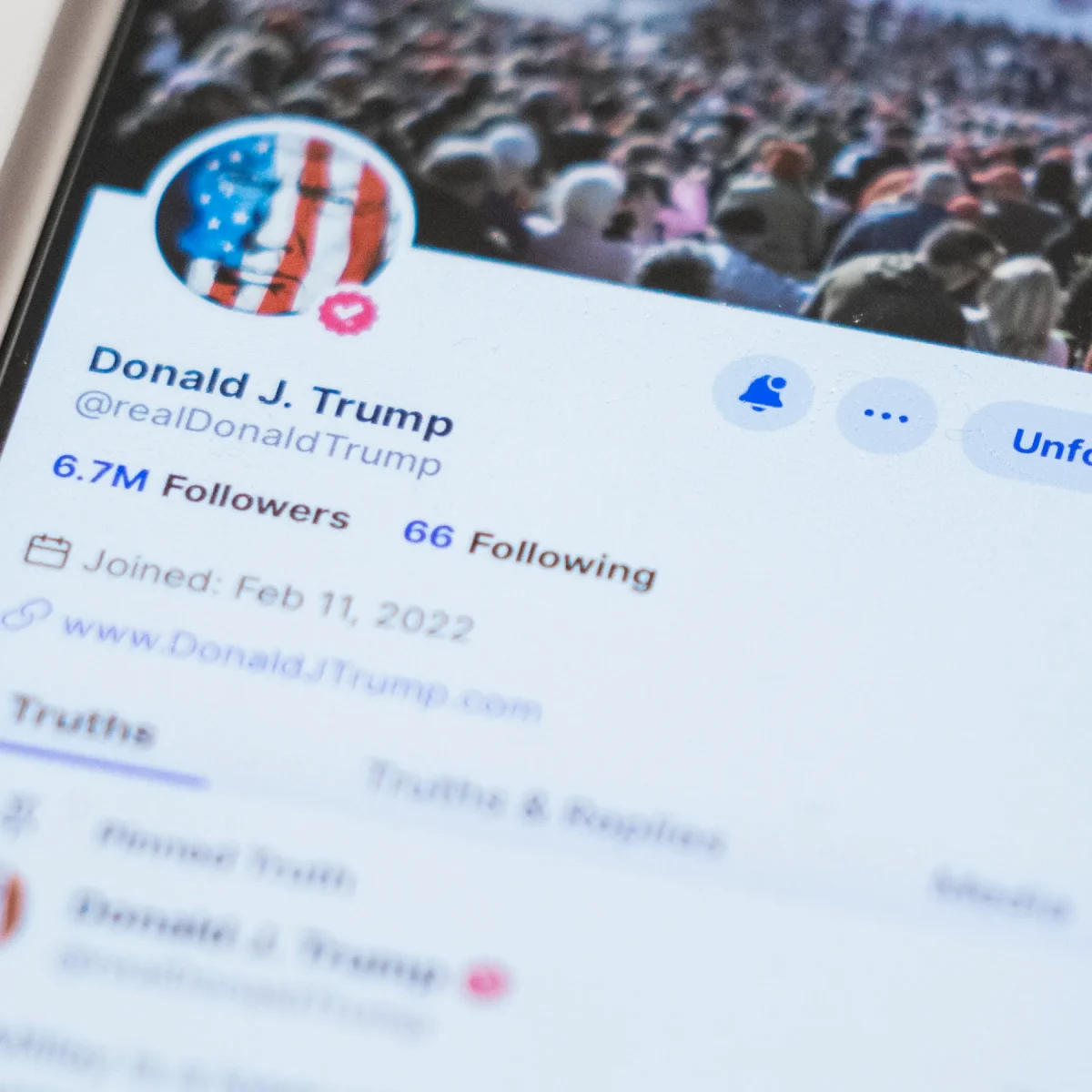








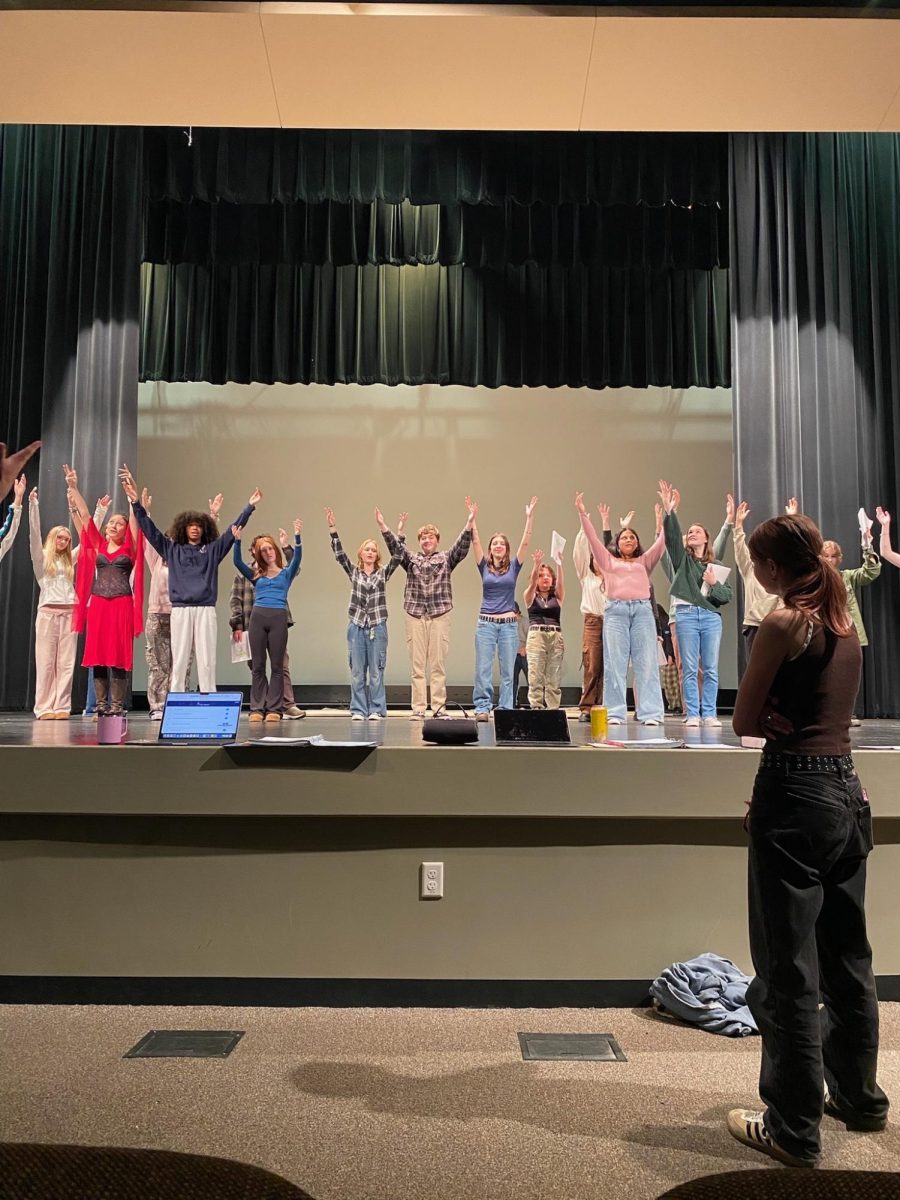






































Dominic Bustillos • Mar 4, 2016 at 12:08 pm
Definitely not a fan of big government. There are a lot of downsides that come with turning over greater control to the federal government, including a loss of both conscious and subconscious freedoms. Allow me to quote Thomas Paine- “That government is best which governs least.” By the way, if you hate the current candidates and don’t want a big government, consider voting for #garyjohnson2016.